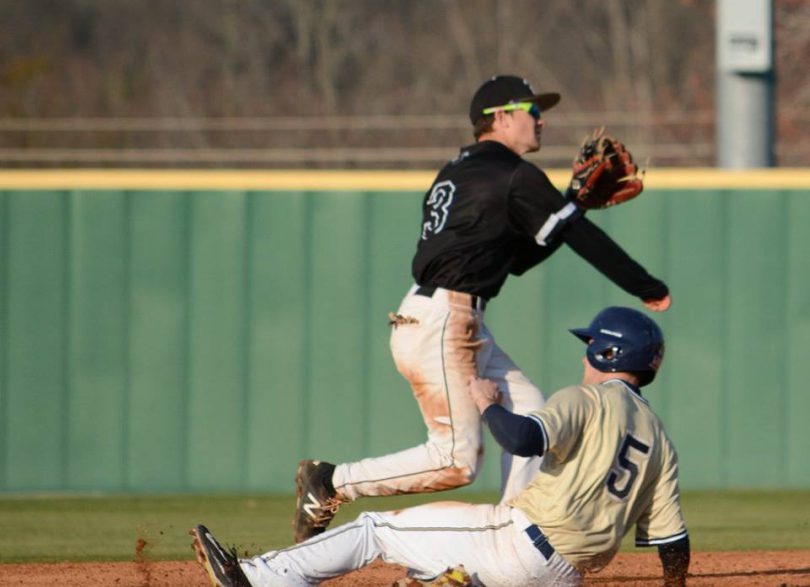There’s one question on the mind of every college baseball recruit: Am I good enough to play college baseball?
The more important question is whether you are willing to work hard enough to play college baseball?
College baseball features over 1600 different programs scattered from coast-to-coast. If you can dream it up, there’s likely a program out there that matches your description. From top-tier D1 teams featuring multiple MLB draft picks to enrollment-driven programs with large JV rosters, there are college baseball programs out there for players of all different skill levels and abilities . The kicker? Getting there takes a lot of hard work and dedication. Corona Virus-related changes have made the process of getting to college baseball more competitive than ever.
With between 11-12% of high school baseball players moving on to play in college across all levels, the recruiting process weeds out those who aren’t willing to work hard, be persistent, or pursue options away from home. There is simply too much competition for players who want to squeak by or are just hoping to get lucky. Getting to college baseball takes planning and hard work, and you can expect to find even more of the same when you get to campus as a first year player. College baseball is a life-changing opportunity, but the hard work to get there and be successful at the college level is not for everyone.
We make no guarantees, but if you want to keep playing baseball in college, we strongly believe there is a place out there for you to play and we are committed to helping you find it.
As you move through the high school years, it becomes increasingly important for you to get honest and objective feedback on the level of college baseball that is best for you. The biggest key to playing at the college level, other than a lot of hard work and dedication, is being proactive and targeting the right levels for your skill set. Here are additional steps you need to take if you are serious about becoming a college baseball player:
- Create a plan for improvement by seeking out honest and objective feedback on a regular basis to better understand where you are coming up short. Use this feedback to improve your development plan. Read this article to help you understand the importance of an honest and objective feedback loop.
- Make the weight room a priority. Start a strength and conditioning program that will help you get recruited and prepare you for success at the college level.
- Understand and be open to the many college baseball options that are available. Many of the players who end up with nowhere to play in college come up empty-handed not because they weren’t good enough, but because they weren’t realistic about where they could play and target the wrong levels or schools for their skill set.
- Understand that there are no guarantees and you shouldn’t trust any person or company who guarantees you a college roster spot, scholarship, or anything else. The only people who can promise you these things are college coaches and the only way you can get them is through hard work.
If you are realistic and you keep an open mind, you can keep playing baseball in college. Instead of asking yourself if you are good enough, ask yourself if you are willing to put in the work it takes to make it happen. We are here to help and have the step-by-step information and guidance you need to have recruiting success.
“I had a little different route than most people. I was always a really strong academic guy, and for me, it wasn’t whether I could or if I was good enough, it was how bad I wanted it. That’s why I went the junior college route, where I could continue my academic success and work toward building my skills and trying to get there. For me, because of my size, I knew it was a high goal, but I knew I wanted it really bad. So it had to be more of a self-motivating thing.“ Justin Andrade, Infielder, Hartnell Junior College (2008-2009), UC Davis (2010-2011)


